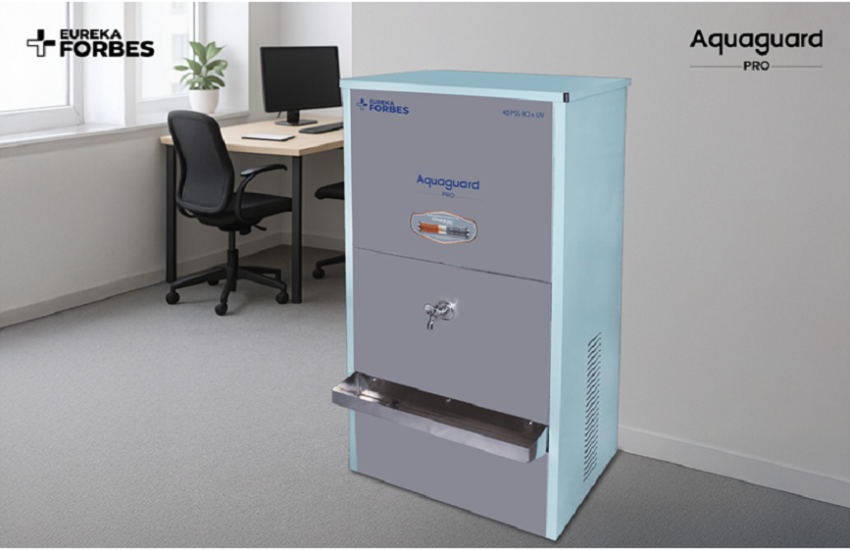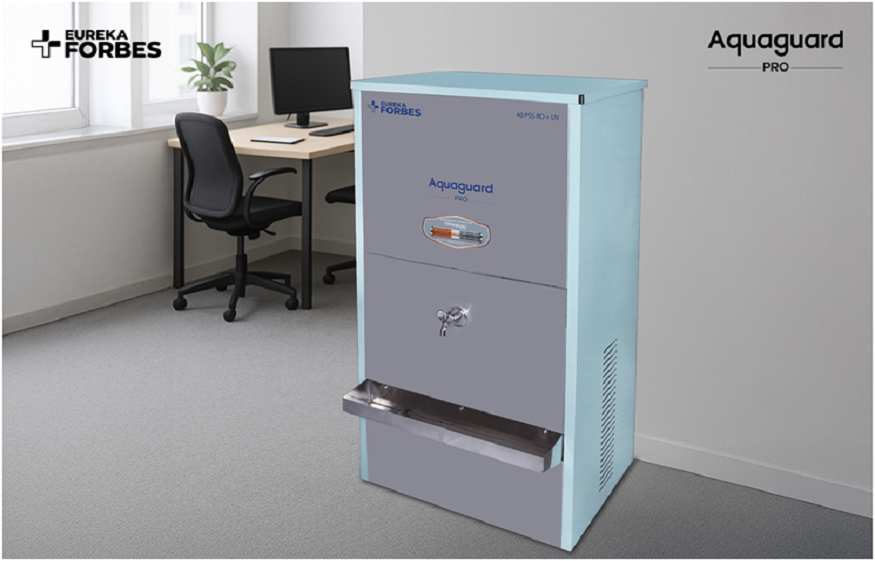Water is a scarce and precious resource across India. With rising populations, more erratic monsoons, and declining groundwater levels, managing water sustainably is crucial. Smart water solutions that leverage IoT, data analytics and automation provide a powerful way for Indian cities, communities and farmers to optimize every drop. Here are 6 compelling reasons why smart water solutions can drive efficiency, access and sustainability.
1. Reduce Water Loss
Indian water utilities currently lose an estimated 40% of treated water due to leaks in distribution pipes, theft through illegal connections, and billing gaps from outdated customer metering. This represents an enormous waste of precious and scarce water resources. Smart water networks provide a powerful solution to minimize these losses through continuous monitoring and data analytics.
Smart systems leverage IoT sensors across the water distribution network to monitor flows in near real-time. Any anomalies in flow rates trigger alerts indicating possible leaks. Analytics also identify areas with abnormally high night flows that may signal theft. Advanced metering infrastructure provides accurate consumer usage data, reducing revenue loss.
Together these capabilities allow utilities to rapidly detect and repair leaks, disconnect illegal connections, and upgrade failing customer meters. This minimizes the volume of non-revenue water lost, saving billions of liters of treated water annually. Since reducing waste is the most cost-effective way to balance supply and demand, minimizing losses through smart networks is a strategic priority.
2. Improve Service Delivery
Smart water systems greatly improve service delivery by providing enhanced real-time visibility into operations and automating tasks. Utilities can leverage IoT sensors throughout the network to monitor key parameters like water pressure, flow rates, and water quality indicators such as chlorine residual levels.
Monitoring this data in real-time enables identification and rapid response to issues before they impact customers. For example, low pressure alerts would allow utilities to proactively inspect pipes and fix developing leaks. Automated controls can also handle tedious operational tasks like modulating pumping rates or valve positions, freeing staff for higher value work.
Together, the expanded visibility and automation enabled by smart water networks allow more proactive, optimized operations. Utilities can address issues rapidly, conduct predictive maintenance, and reduce disruptions. Reliability, water safety, and service levels for the community are improved.
3. Optimize Infrastructure
The IOT water management allows precise optimization of water infrastructure planning and investments. The granular usage data from smart meters and sensors provides unmatched visibility into demand patterns and network performance.
Advanced analytics unlock key insights from this data to guide infrastructure decisions. For example, dynamic hydraulic models can pinpoint specific pipes that are constrained and require upgrades to meet growing demand. Analytics also identify inefficient assets like old pumps that should be rehabilitated.
These capabilities allow Indian utilities to target infrastructure expansions and upgrade projects where they are truly needed. Blanket capacity increases can be avoided, reducing capital costs. Prioritizing replacements for poor performing assets reduces operating expenses.
4. Empower Consumers
Smart water meters and consumer engagement strategies empower households to reduce usage and participate in conservation efforts. Simple home water reports from smart meters raise awareness of household consumption patterns. Many people are surprised to learn how much water various activities like lawn watering consume. Armed with usage data, consumers can take voluntary actions like adjusting irrigation schedules or taking shorter showers to curtail waste. Utilities can provide personalized tips for further reductions based on each customer’s unique usage profile. For example, households with large outdoor usage may benefit most from upgrading irrigation systems.
Empowering consumers helps position households as partners in India’s water sustainability efforts. Consumer conservation amplifies efficiency gains beyond just infrastructure improvements undertaken by utilities. When people have insights into their own usage and guidance to reduce waste, large voluntary reductions are achievable. Smart meters are a crucial tool for consumer empowerment by making water visible. Coupling meter data with personalized engagement strategies will be key to curtailing India’s rising water demand through voluntary collaboration with consumers. This is an essential element of a multifaceted approach to water security.
5. Boost Farm Productivity
Smart irrigation technologies can substantially boost agricultural productivity in India by optimizing water application on farms. Automated valves, pumps and sprinklers allow farmers to irrigate fields based on precise crop water needs and changing weather conditions. Soil moisture sensors communicate real-time data on current soil dryness to irrigation control systems. This triggers watering only when required by the crops, preventing excessive irrigation. Schedules automatically adjust to hot, dry periods or rainy spells.
By watering more precisely to match crop needs, smart systems significantly reduce total water and power consumption for irrigation. Cost savings allow farmers to irrigate additional fields and expand crop yields on the same land and water inputs. As India strives to improve farm incomes and enhance food security, smart irrigation provides a proven solution. Precision agriculture unlocks more crop per drop by eliminating irrigation inefficiencies common in flood irrigation. In an era of water scarcity, smart tech allows farmers to sustainably increase productivity and incomes.
6. Unlock New Revenue
Smart water systems allow utilities to unlock new revenue streams by monetizing data for optimized maintenance programs. The rich data on asset performance from sensors enables advanced analytics to accurately predict equipment failures and recommend cost-effective maintenance interventions. Rather than reactive repairs when assets break unexpectedly, utilities can leverage data-driven insights to proactively inspect and service critical infrastructure before failures occur. This reduces emergency repair costs and disruption.
Additionally, utilities can generate revenue by providing inspection and maintenance recommendations to industrial and commercial customers as a service. Operators pay water utilities for the expert insights needed to maintain their own water assets optimally. This model allows Indian water utilities to move from spending on unplanned repairs to earning from proactive servicing based on smart water data analytics. New revenue funds further digital upgrades, creating a virtuous cycle.
Conclusion
Smart water solutions from Planet Smart City, empower Indian communities to achieve more with less through technology-enabled efficiency, productivity and conservation. Unlocking value from IoT data is key to ensuring water security in the 21st century. The benefits span reduced losses, improved services, optimized assets, engaged consumers, more productive agriculture and new revenue streams. India must embrace smart management to sustain precious water resources.













